Tools & Data Sets
-
NephQTL2 Portal
NephQTL2 shares high-resolution eQTLs of the kidney, informed in part by kidney cell specific open chromatin data. This data is derived from 240 glomerular (GLOM) and 311 tubulointerstitial (TUBE) micro-dissected samples from human kidney biopsies from the NEPTUNE cohort, paired with genome sequencing data. You can interactively search all our results and download data and images. Read more about it in our paper.
-
APOL1 Portal
The APOL1 Portal is a companion to our recently published paper in which we analyzed the glomerular transcriptomes of 30 Black patients with focal segmental glomerulosclerosis (FSGS) enrolled in the NEPTUNE study. 16 participants had a high risk APOL1 genotype and 14 had a low risk APOL1 genotype. On the portal, you can browse all results, interact with the data, and freely download the complete RNA-seq dataset for unrestricted secondary analyses.
-
GWAS and microarray expression data
Download the full set of summary statistics for our 2018 Genome Wide Association Study of pediatric steroid sensitive nephrotic syndrome (SSNS) from the GWAS catalog here.
Download kidney tissue expression data from participants in the NEPTUNE that were part of our 2015 APOL1 integrative genomics paper.
-
NephQTL (the original eQTL portal)
NephQTL is the original cis-eQTLs of the glomerular and tubulointerstitial tissues of the kidney found in 187 participants in NEPTUNE. You can also download (1) Matrix eQTL results (glomerulus and tubulointerstitial) and (2) single cell RNA-Seq (4734 cells from three tumor nephrectomy samples) here. We recommend using the NephQTL2 portal.
-
GIMS/TIMS
We hypothesized that genes playing key roles in nephrotic syndrome are under stronger negative selection compared to an average gene. Thus, we used publicly available genetics and comparative genomics resources to create a genome-wide, Gene-level Integrated Metric of negative Selection (GIMS) for each human gene and Transcript-level Integrated Metric of negative Selection (TIMS). This tool can be applicable to any gene or disease/condition. Learn more or use the tool here.
